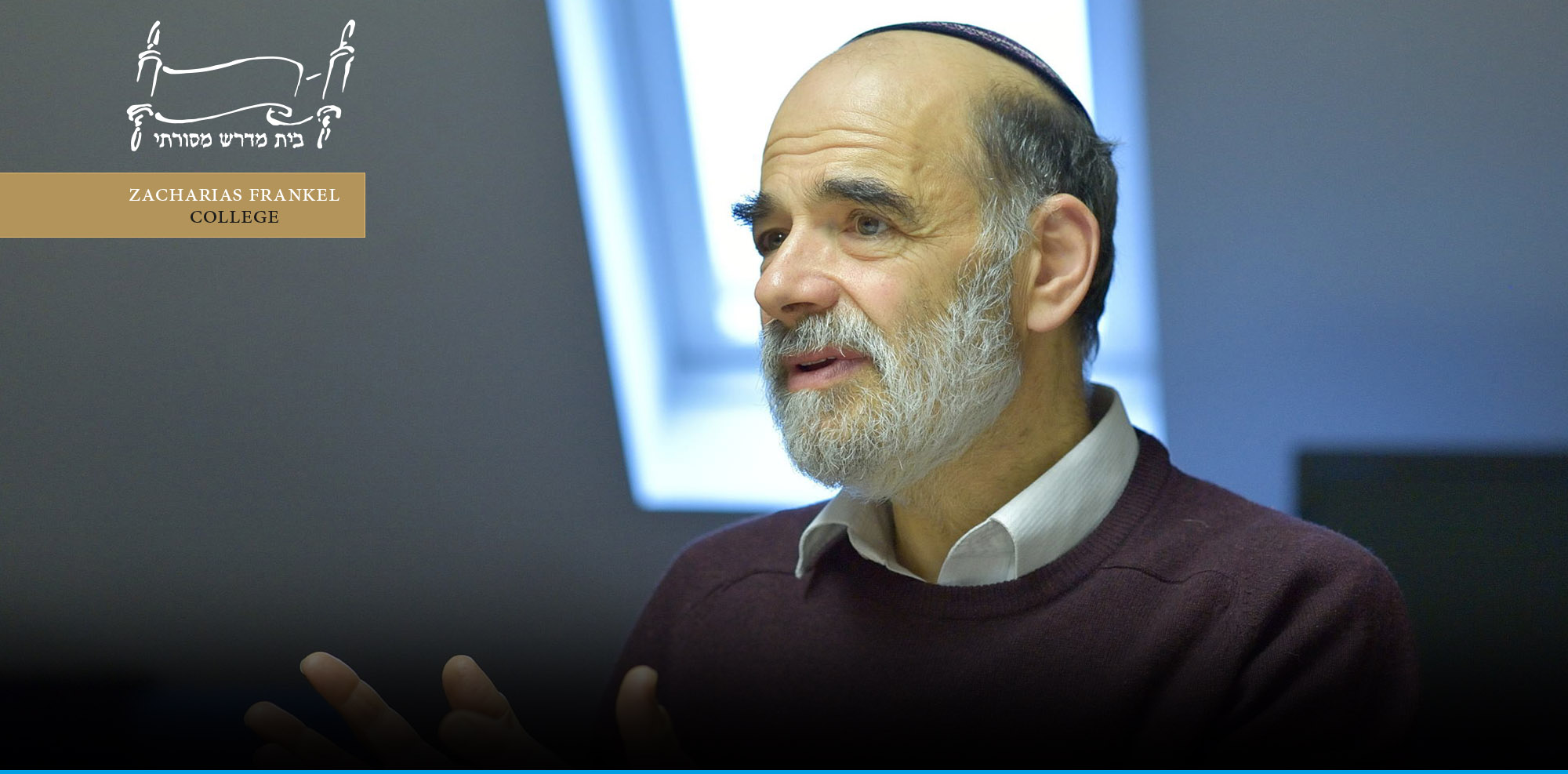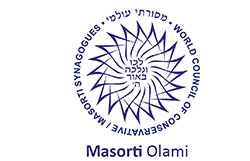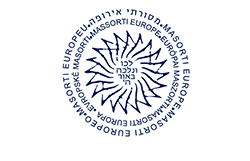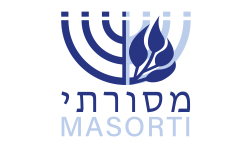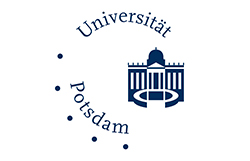Rabbi Aaron Flanzraich 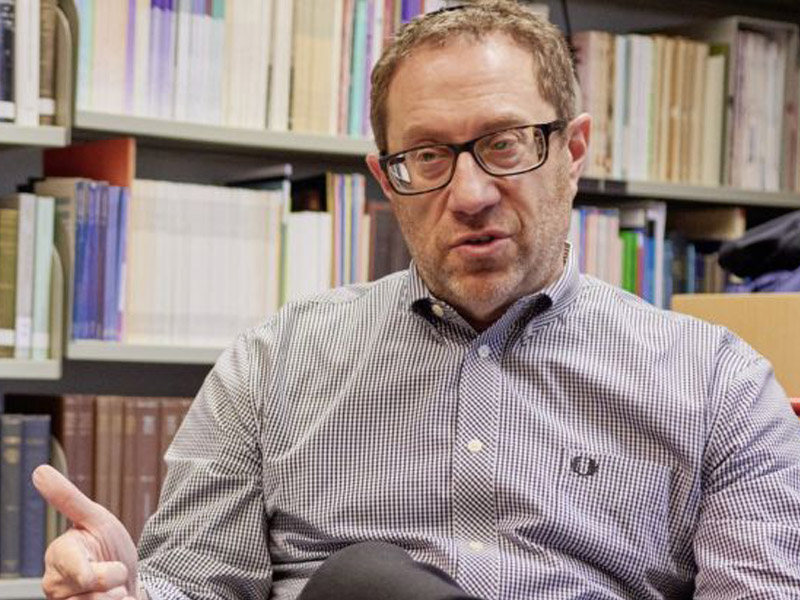
“My early education took on a classic Orthodox methodology: as a young child Tanach, then Mishnah then Talmud. My matriculation to High School introduced me to a higher and more intensive level of Talmudic study that lead me to Bar Ilan and my degree where I would go on to study with Daniel Sperber, Yeshayahu Leibowitz, Shamma Friedman amongst others. While my approach to Halacha and Judaism have significantly changed from my early years my belief in the centrality and importance of these texts is unchanged. Which is to say: should you master them your conversations carry authority and will strengthen your role as rabbi and teacher."
Senior Rabbi of Beth Sholom Synagogue in Toronto - a +1000 family conservative congregation - since 1997. He received his BA in Political Science and Talmud from Bar Ilan University, Israel. Honourably discharged from the IDF in 1991, received Smicha from the Israeli Chief Rabbinate in 1993.
Prof. Dr. Tal Ilan 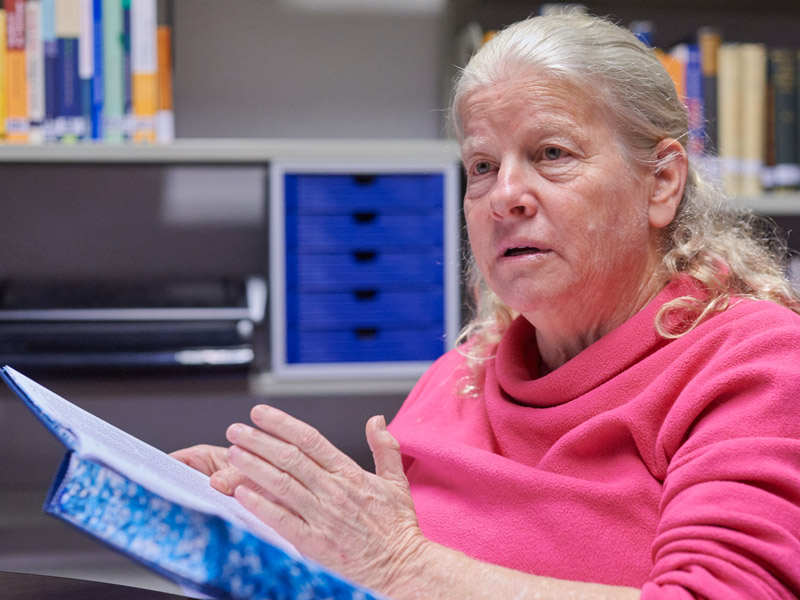
“I describe myself as a secular Jew and an atheist. My love-relationship with the Talmud is hard even for me to understand. I usually explain it on one of two levels. Either I explain it on historical grounds or on aesthetic ones. On historical grounds - I am an ancient historian of Judaism. The Talmud is one of the most important historical sources on Judaism in Late Antiquity, and the Babylonian Talmud is without doubt the most important historical source on the Jews of Babylonia for many sources. A good historian should be able to understand his/her sources; hence immersion in the talmudic text is essential. On Aesthetic grounds - I find the Talmud a literary creation of outstanding beauty. I am often completely appalled by its contents, but I am still impressed by the aesthetic effort that went into putting it together…”
Dr. Tal Ilan was born and grew up in a socialist kibbutz in Israel, and served in the Israeli army. She completed her doctoral studies at the Hebrew University in Jerusalem, before becoming Professor of Jewish Studies at the Freie Universitaet Berlin. Tal lives in Jerusalem, and is the mother of two sons and the grandmother of one grandson.
Rabbi Dr. Harvey Meirovich 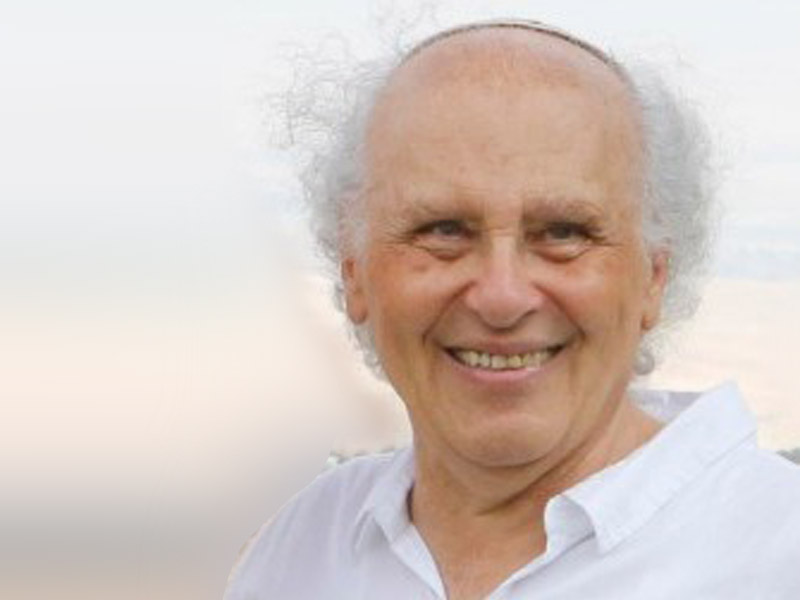
“As a teacher my passion is to explore the significance and relevance of the Jewish classical tradition as it confronts the challenges of modernity, and to shed light on the ideologies of the major religious movements of Judaism in the modern period. This explains why I am best described as a polymath engaged in probing the diverse insights and values embedded in the broadest possible range of Jewish writings: Bible, Talmud, Midrash, Halakha, Philosophy and History. “
Rabbi Dr. Harvey Meirovich received rabbinic ordination from the Jewish Theological Seminary of America in 1974, and in 1986 was awarded a doctorate in Jewish intellectual history. He has served as rabbi over a span of 40 years in several Canadian pulpits, as well as congregations in England and Australia. A former Dean of the Schechter Rabbinical Seminary (2000-2005), he served on its faculty for almost two decades. Rabbi Meirovich is currently Visiting Professor of Halakha at the University of Potsdam.
Prof. Elad Lapidot 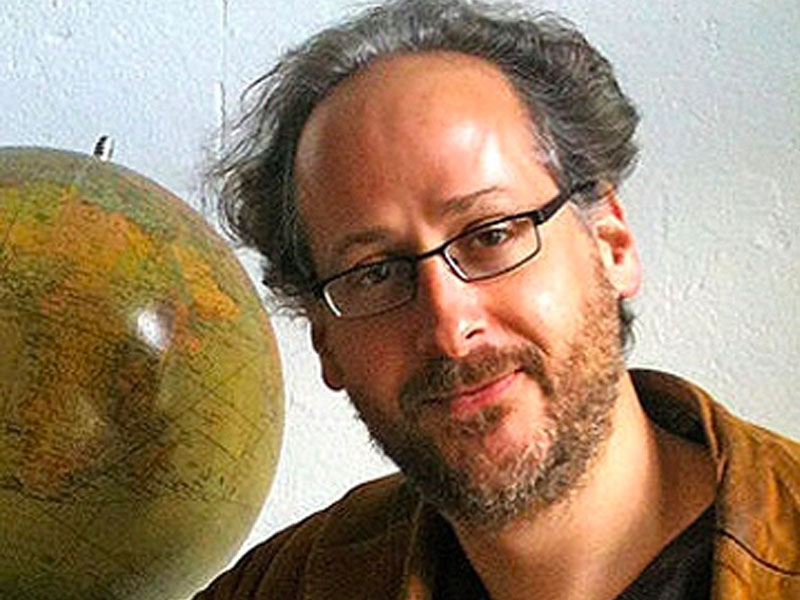
“The Talmud is the most original intellectual heritage of the Jewish tradition. It is not only a text, but a medium of thought, both comparable to and fundamentally different from other Western traditions, such as philosophy, theology or modern science. Talmudic thought has been active and developing for almost two millennia, in central locations of world cultures. Yet, save for very few exceptions, the Talmudic tradition has been and still is absent from Western thought. For the vast majority of thinkers, theorists and philosophers, Talmud is no more than a foreign word. I am interested in the ways that the Talmudic discourse actively performs this foreignness as a principle of its self.”
Elad Lapidot is a professor for philosophy and Talmud working at the University of Bern and the Humboldt University in Berlin. He is interested among others in the relation between knowledge, text and politics in modern and postmodern as well as in Talmudic cultures.
Rabbi Joel Rembaum 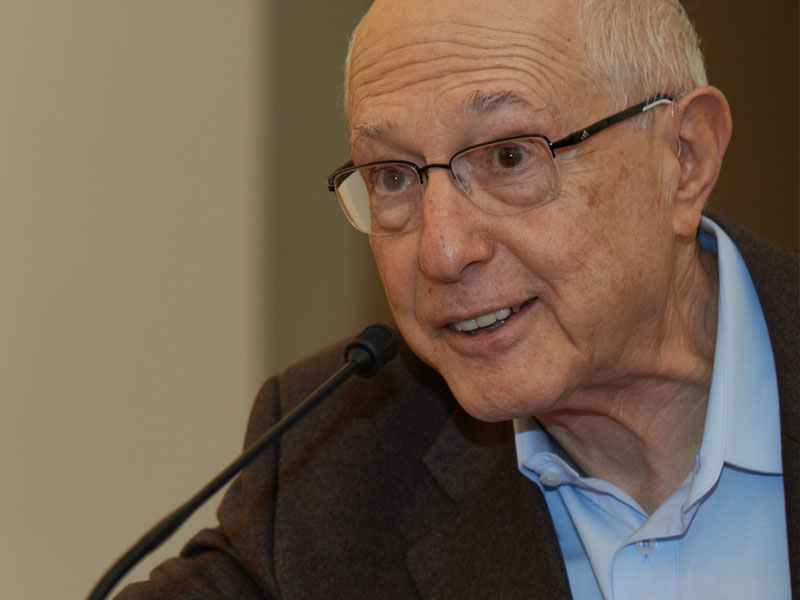
When I was interviewed for the position of rabbi of the congregation I served in California I was asked, “What is the job of a rabbi?” My answer was immediate and succinct: “Rabbi in Hebrew is Rav, and Rav means “master teacher of Torah.” This has been and remains how I define my primary vocation, and, as “vocation” suggests, this is my “calling.” For me, unpacking the meaning of sacred Biblical and Rabbinic texts — especially with students and colleagues — and extracting and sharing Torah wisdom that is a guide for living a life of K’dushah fills me with deep joy and satisfaction. This also creates for me a meaningful bond with God. While a Masorti rabbi has to play many roles, this should be the overarching and defining element of everything that she or he does.
Born in Los Angeles, Rabbi Rembaum received a PhD from UCLA and rabbinic ordination from the Jewish Theological Seminary in New York. He taught at the American Jewish University in Los Angeles, and was Senior Rabbi at Temple Beth Am for twenty-five years. Since 2015, Rabbi Rembaum has held the position of Guest Professor of Halakhah at the Zacharias Frankel College.

On October 25th 2020
the Zacharias Frankel College
celebrated its second ordination
Second Rabbinical Ordination
25th of October 2020 / 7th of Cheshvan 5781
The Zacharias Frankel College celebrates its Second Rabbinical Ordination
First Rabbinical Ordination
18 June 2017 / 24 Sivan 5777
The Zacharias Frankel College celebrates its First Rabbinical Ordination
Academic Learning
Of course, being a rabbi doesn’t just mean getting a university degree. The academic studies are complemented by additional Talmud, Torah, and halacha studies.
Jewish Theology Potsdam
The School of Jewish Theology represents a unique institution within German academia.
FAQ
What is Jewish life like in Berlin and Potsdam?
